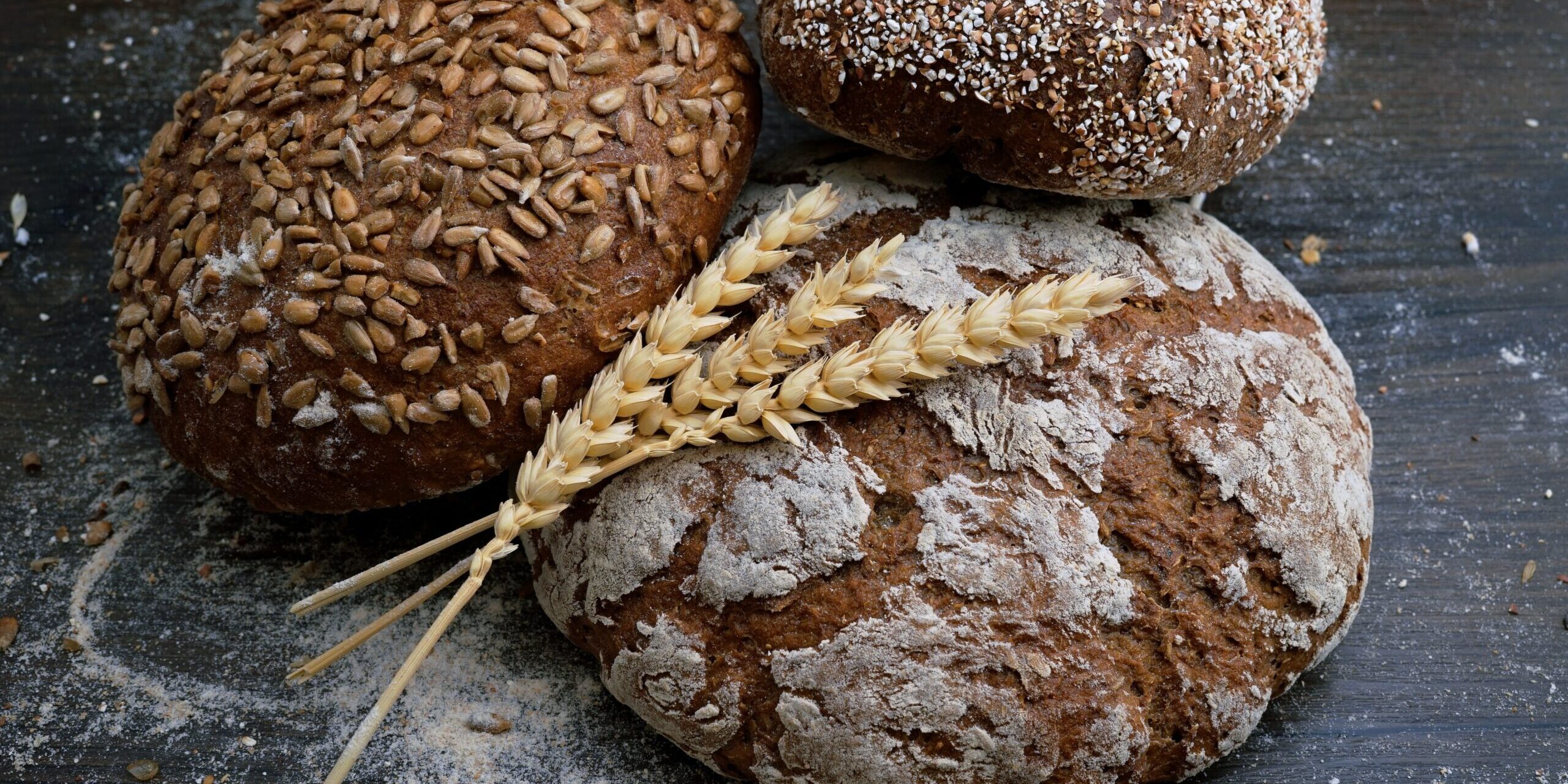By Erin Caraher RDN, CDN
Avoiding gluten has been a popular “weight loss diet” for quite some time now. The problem is, being gluten-free is not just a fad diet and should not be followed for weight loss. Many people suffer with celiac disease or gluten intolerance and most of them probably wish they didn’t have to follow a gluten-free diet.
Gluten is a protein found in wheat, rye, barley, and triticale (a cross between wheat and rye). Celiac disease is an immune disorder in which people cannot tolerate gluten because it damages the lining of their small intestine. This may cause bloating and an upset stomach or diarrhea. The lining of the small intestine contains villi, and its role is to absorb nutrients. When the villi get damaged, nutrients can’t be absorbed properly into the body. Gluten intolerance or gluten sensitivity is when a person cannot tolerate gluten in some manner. They may experience similar symptoms to those who have celiac disease, but they don’t have the same intestinal damage, and they also lack the same antibodies of people with celiac disease. The gluten-free diet is intended for people diagnosed with these disorders. It is hard to identify when exactly it became labeled as a “weight loss diet”.
Items that contain gluten are white flour, whole wheat flour, durum wheat, graham flour, kamut, semolina, spelt, wheat germ and wheat bran. If someone is going on a gluten-free diet for weight loss, they should be aware they are eliminating foods that are very nutrient dense and contain vital vitamins, minerals and fiber. Whole grains (that contain gluten) are rich in B-vitamins, iron, and fiber. Studies also show that incorporating whole grains, as a part of a healthy diet, may lower your risk of heart disease, type-2 diabetes, and some forms of cancer. Gluten-free products also tend to be low in important nutrients such as calcium, B- vitamins, iron, zinc, magnesium, and fiber.
There may be some controversy because common foods that are made with wheat include pasta, couscous, bread, flour tortillas, cookies, cakes, muffins, pastries, cereal, crackers, beer, oats, gravy, dressings, and sauces. Yes, some of these items are not the healthiest. However, instead of going gluten-free, try to limit the number of processed items you consume, and when buying bread and pasta make sure that it is whole grain.
If you or someone you know has tried a gluten-free diet and felt better because of it (less stomach problems), do what makes you feel your best. But, the gluten-free diet should not be labeled as a weight loss diet. It is a type of diet recommended for people that suffer from celiac disease or have a gluten intolerance. People with these conditions must avoid gluten, because they do not have a choice. On the bright side, because of the gluten-free diet craze, people that have celiac disease or gluten intolerance now have a wide variety of food to choose from!

